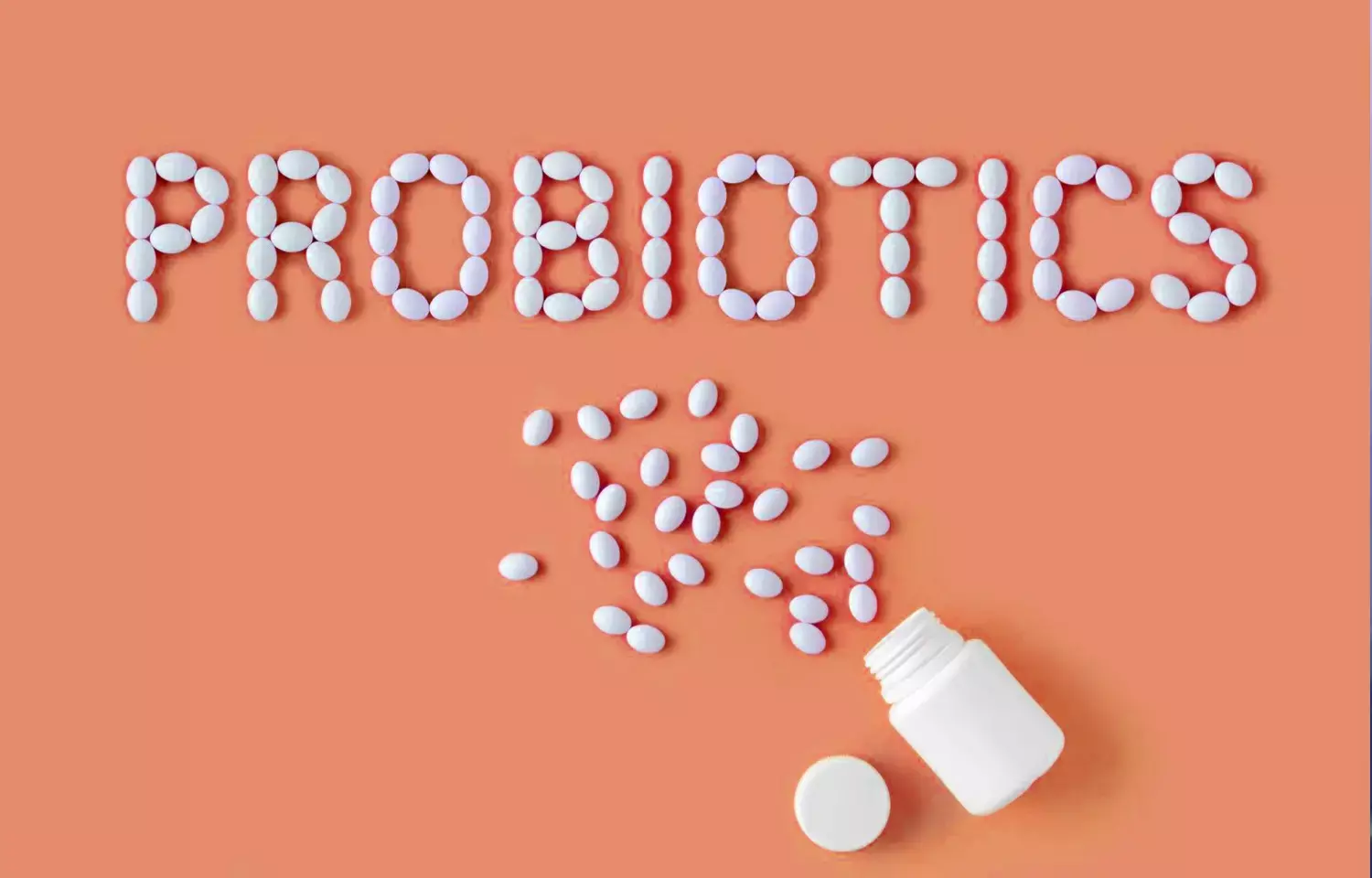- Home
- Medical news & Guidelines
- Anesthesiology
- Cardiology and CTVS
- Critical Care
- Dentistry
- Dermatology
- Diabetes and Endocrinology
- ENT
- Gastroenterology
- Medicine
- Nephrology
- Neurology
- Obstretics-Gynaecology
- Oncology
- Ophthalmology
- Orthopaedics
- Pediatrics-Neonatology
- Psychiatry
- Pulmonology
- Radiology
- Surgery
- Urology
- Laboratory Medicine
- Diet
- Nursing
- Paramedical
- Physiotherapy
- Health news
- Fact Check
- Bone Health Fact Check
- Brain Health Fact Check
- Cancer Related Fact Check
- Child Care Fact Check
- Dental and oral health fact check
- Diabetes and metabolic health fact check
- Diet and Nutrition Fact Check
- Eye and ENT Care Fact Check
- Fitness fact check
- Gut health fact check
- Heart health fact check
- Kidney health fact check
- Medical education fact check
- Men's health fact check
- Respiratory fact check
- Skin and hair care fact check
- Vaccine and Immunization fact check
- Women's health fact check
- AYUSH
- State News
- Andaman and Nicobar Islands
- Andhra Pradesh
- Arunachal Pradesh
- Assam
- Bihar
- Chandigarh
- Chattisgarh
- Dadra and Nagar Haveli
- Daman and Diu
- Delhi
- Goa
- Gujarat
- Haryana
- Himachal Pradesh
- Jammu & Kashmir
- Jharkhand
- Karnataka
- Kerala
- Ladakh
- Lakshadweep
- Madhya Pradesh
- Maharashtra
- Manipur
- Meghalaya
- Mizoram
- Nagaland
- Odisha
- Puducherry
- Punjab
- Rajasthan
- Sikkim
- Tamil Nadu
- Telangana
- Tripura
- Uttar Pradesh
- Uttrakhand
- West Bengal
- Medical Education
- Industry
Probiotics and synbiotics improve dyslipidemia in diabetic patients: Study

In a new study conducted by Zeinab Ghorbani and colleagues found that probiotics and synbiotics have shown to improve dyslipidemia and other lipid indices in people with diabetes, hyperlipidemia, and metabolic syndrome. The findings of this study were published in Cardiovascular Research.
Although the existing research highlights probiotics' positive benefits in regulating several cardiometabolic indicators, there is still much controversy in this area. As a result, this study was performed in order to more clearly evaluate the impact sizes of probiotics on blood lipid markers.
From conception until 12 February 2021, a comprehensive literature search of the Medline (PubMed) and Scopus databases was done, using both MeSH keywords and free text terms to discover relevant randomized controlled trials (RCTs). The meta-analysis used a random-effect model to compute the mean effect sizes, which were shown as weighted mean differences (WMDs) and 95% confidence intervals (CIs). The Cochrane 2 test and Galbraith plot analysis were used to investigate heterogeneity.
The key highlights of this study were:
Meta-examination of information from 40 RCTs (n = 2795) demonstrated a huge lessening in serum/plasma fatty oil [WMD (95% CI) = - 12.26 (- 17.11 to - 7.41) mg/dL; P-esteem <0.001; I2 (%) = 29.9; P heterogeneity = 0.034], all out cholesterol (with high heterogeneity) (WMD (95% CI) = - 8.43 (- 11.90 to - 4.95) mg/dL; P-esteem <0.001; I2 (%) = 56.8; P heterogeneity < 0.001), LDL-C [WMD (95% CI) = - 5.08 (- 7.61, - 2.56) mg/dL; P-esteem <0.001; I2 (%) = 42.7; P heterogeneity = 0.002], and HDL-C (with high heterogeneity) (WMD (95% CI) = 1.14 (0.23, 2.05) mg/dL; P-esteem = 0.014; I2 (%) = 59.8; P heterogeneity < 0.001) following getting probiotic/synbiotic supplements.
In conclusion, preliminary research suggests that probiotics and synbiotics have a significant impact on reducing dyslipidemia, especially in those with diabetes, hyperlipidemia, and metabolic syndrome. However, large, carefully executed RCTs are necessary, nonetheless, to further bolster these findings with evidence that is compelling.
Reference:
Ghorbani, Z., Kazemi, A., U.P. Bartolomaeus, T., Martami, F., Noormohammadi, M., Salari, A., Löber, U., Balou, H. A., & Mahdavi-Roshan, M. (2022). The effect of probiotic and synbiotic supplementation on lipid parameters among patients with cardiometabolic risk factors: a systematic review and meta-analysis of clinical trials. In Cardiovascular Research. Oxford University Press (OUP). https://doi.org/10.1093/cvr/cvac128
Neuroscience Masters graduate
Jacinthlyn Sylvia, a Neuroscience Master's graduate from Chennai has worked extensively in deciphering the neurobiology of cognition and motor control in aging. She also has spread-out exposure to Neurosurgery from her Bachelor’s. She is currently involved in active Neuro-Oncology research. She is an upcoming neuroscientist with a fiery passion for writing. Her news cover at Medical Dialogues feature recent discoveries and updates from the healthcare and biomedical research fields. She can be reached at editorial@medicaldialogues.in
Dr Kamal Kant Kohli-MBBS, DTCD- a chest specialist with more than 30 years of practice and a flair for writing clinical articles, Dr Kamal Kant Kohli joined Medical Dialogues as a Chief Editor of Medical News. Besides writing articles, as an editor, he proofreads and verifies all the medical content published on Medical Dialogues including those coming from journals, studies,medical conferences,guidelines etc. Email: drkohli@medicaldialogues.in. Contact no. 011-43720751


